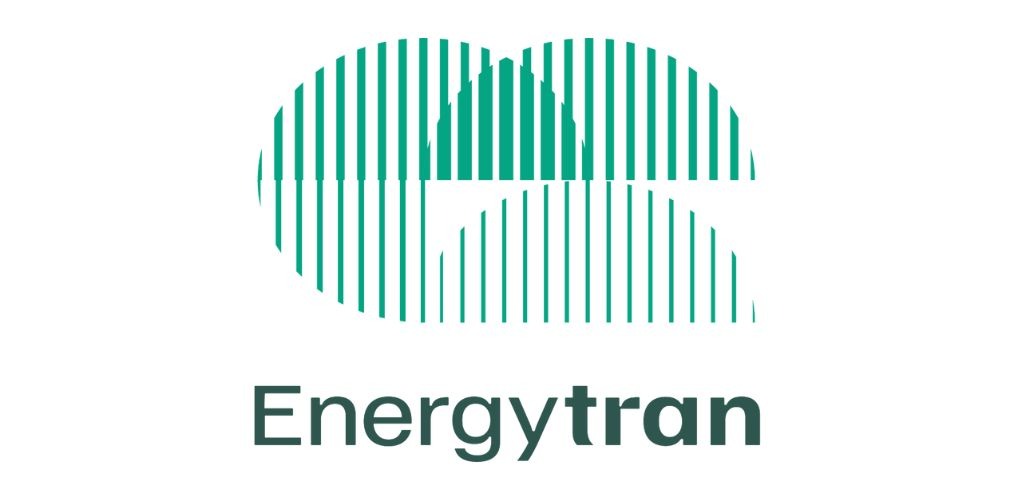
19–20 May 2025 | Seville, Spain
On May 19th and 20th, LifeWatch ERIC and the Organization of Ibero-American States for Education, Science and Culture (OEI) will welcome a distinguished delegation of researchers and representatives from public institutions across Latin America and Europe to Seville, to strengthen transatlantic collaboration on environmental indicators for the energy transition within the framework of the EULAC ENERGYTRAN project’s mobility programme.
ENERGY TRAN has the objectives of co-designing analytical tools based on the FAIR principles to assess energy transition indicators, building capacity in the use of European research infrastructures, such as LifeWatch ERIC, to connect environmental and energy data.
Moreover, it will exchange best practices in data governance, public policy, and participatory approaches and strengthen collaboration networks between institutions in Europe and Latin America for future scientific and policy-oriented initiatives.
The initiative aims to strengthen institutional capacities and foster knowledge exchange between Europe and Latin America in support of a sustainable energy transition. Special attention will be given to the interoperability of data, the development of FAIR-based analytical tools, and the integration of biodiversity and sustainability indicators into energy policy frameworks.
Day one of the meeting, 19 May, will be held at the University of Seville’s Cultural Initiatives Centre (CICUS), while the second day LifeWatch ERIC headquarters, Plaza de España, will host the second day.
Confirmed participating institutions include:
- Argentina:
- Ministry of Science, Technology and Productive Innovation.
- National University of San Martín (UNSAM)
- Brazil:
- Ministry of Science, Technology and Innovation
- Chile:
- Ministry of Science, Technology, Knowledge and Innovation (MinCiencia)
- University of Magallanes (UMAG)
- Colombia:
- Ministry of Science, Technology and Innovation (Minciencias)
- Costa Rica:
- Ministry of Science, Technology and Telecommunications (MICITT);
- High Technology Center Foundation (FunCeNAT)
- Mexico:
- National Technological Institute of Mexico (TecNM)
- Uruguay:
- National Research and Innovation Agency ( ANII)
- Spain:
- Ministry of Science, Innovation and Universities
- National Statistics Institute (INE)
- Renewables Foundation
- Organization of Ibero-American States (OEI)
- EU-SOLARIS ERIC
- Network of Experts on Science and Technology Indicators (NESTI); a working party of the Organisation for Economic Co-operation and Development (OECD).
- Portugal
- Institute for Systems and Computer Engineering, Technology and Science (INESC TEC)
- Polytechnic Institute of Setúbal (IPS)
This event exemplifies LifeWatch ERIC’s commitment to advancing open science, transatlantic collaboration, and data-driven sustainability.
We look forward to receiving all participants in seville and continue strengthening collaboration between LifeWatch ERIC and Latin America and European institutions.